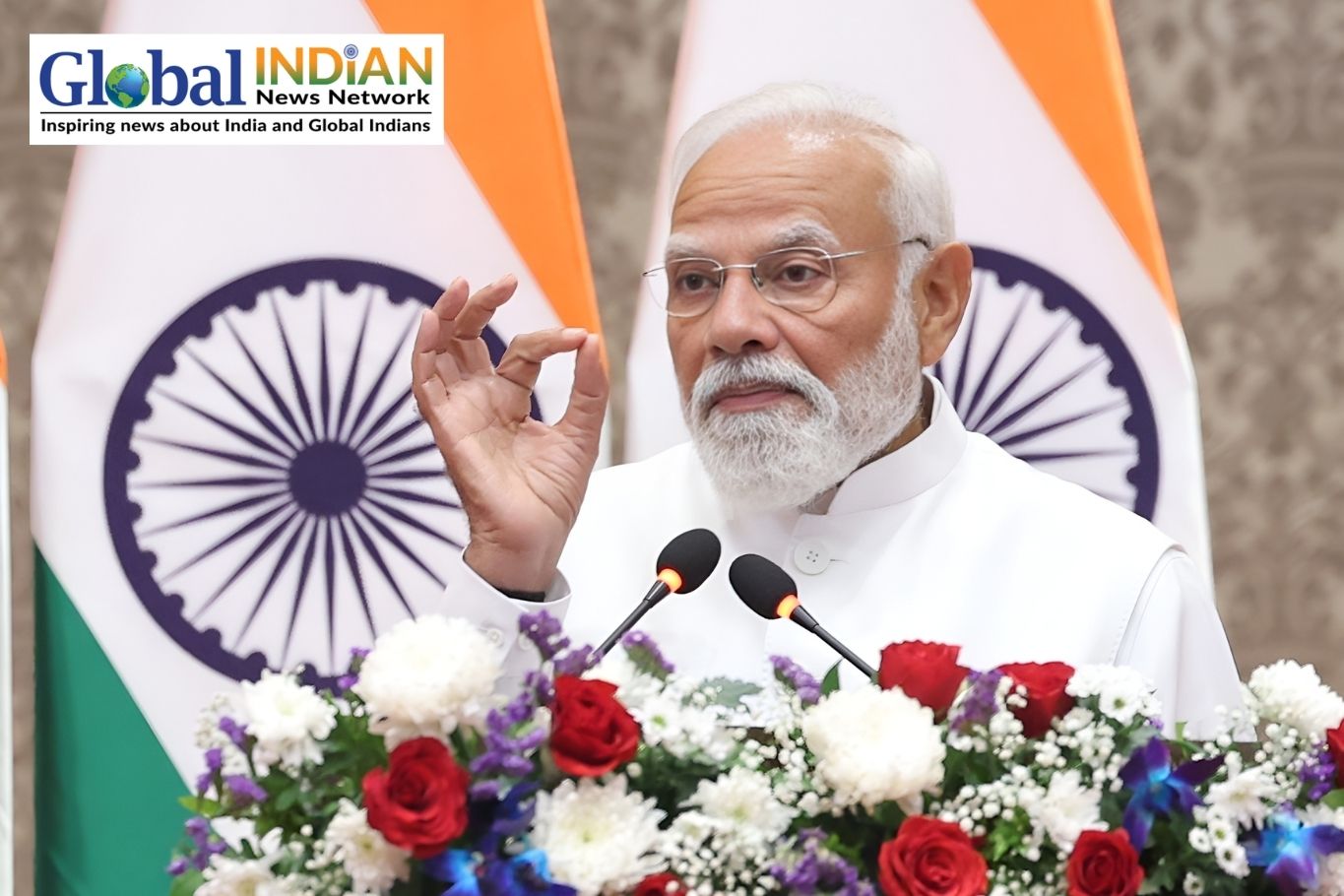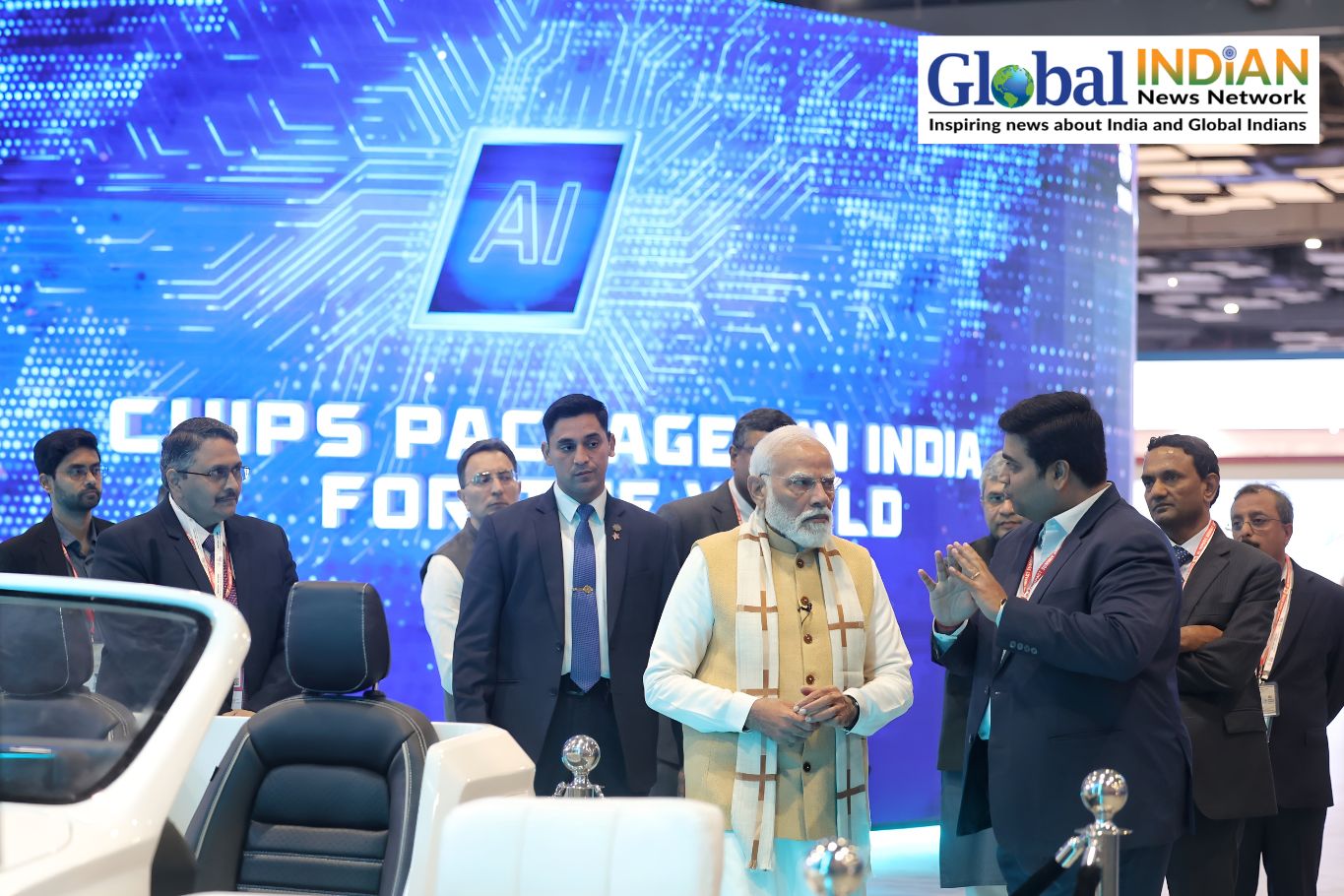 MIT has awarded grants to six individuals, including Arjun Balasingam and Vibhaalakshmi Sivaraman, as part of the MIT-Pillar AI Collective initiative. The grants aim to support their research projects financially and provide resources that could lead to the development of commercially viable products or companies.
MIT has awarded grants to six individuals, including Arjun Balasingam and Vibhaalakshmi Sivaraman, as part of the MIT-Pillar AI Collective initiative. The grants aim to support their research projects financially and provide resources that could lead to the development of commercially viable products or companies.
Arjun Balasingam, a PhD student in electrical engineering and computer science, is working on a technology called MobiSee. This innovative technology utilizes self-supervised AI techniques, along with video and lidar data, to enable real-time 3D reconstruction in complex and dynamic environments. MobiSee has the potential for various applications, including mixed reality, navigation, safety, sports streaming, and creating new real-time and immersive experiences.
Vibhaalakshmi Sivaraman, also a PhD candidate in the same department, is developing a groundbreaking technology called Gemino. The goal of Gemino is to enhance video conferencing capabilities in high-latency and low-bandwidth network environments. This neural compression system addresses challenges associated with robustness and compute complexity faced by current face-image-synthesis models, enabling sustained video conferencing calls in regions and scenarios where reliable video calls are currently difficult.
Anantha Chandrakasan, the dean of the School of Engineering and the Vannevar Bush Professor of Electrical Engineering and Computer Science at MIT, expressed excitement about the potential transformative impact these projects could have across various industries. He mentioned that the novel research being conducted by these individuals might lead to startups revolutionizing fields like drug delivery and video conferencing.









